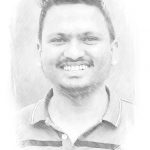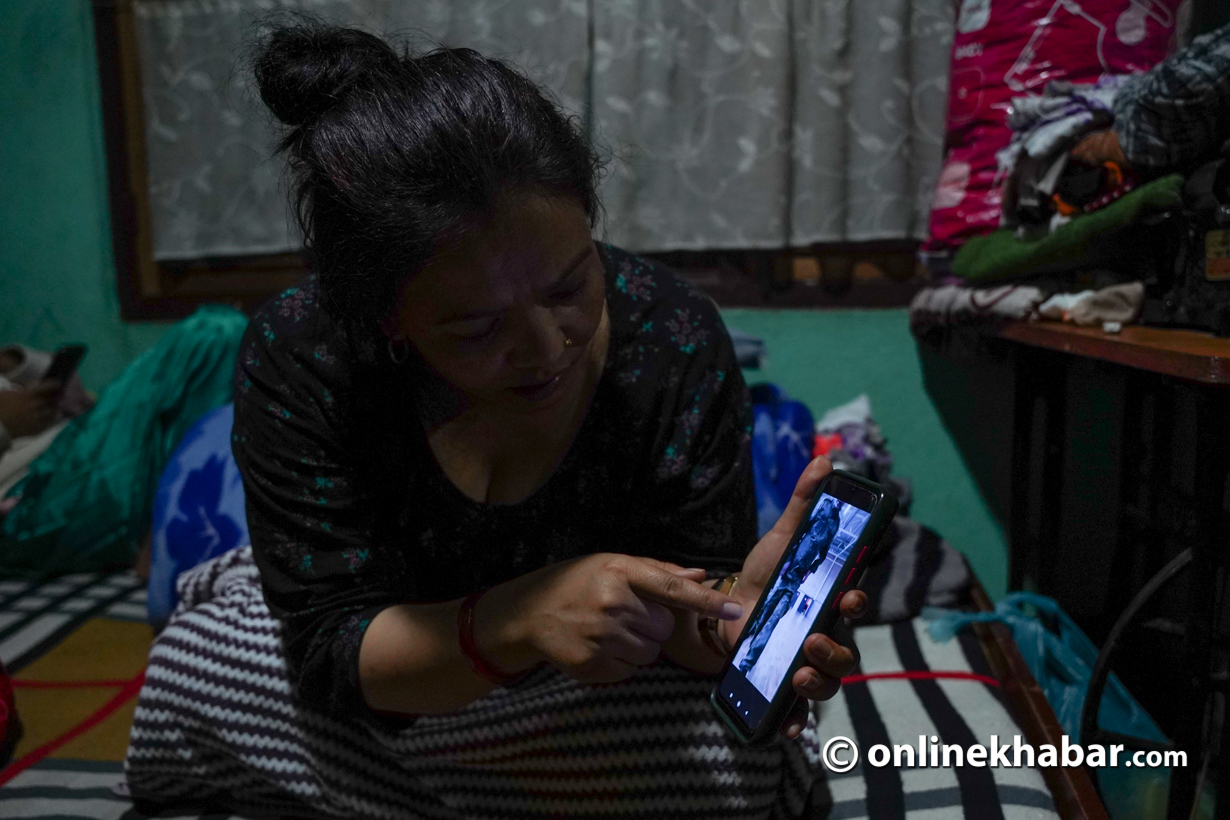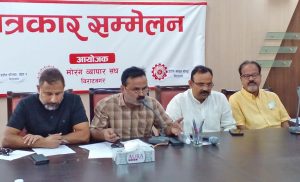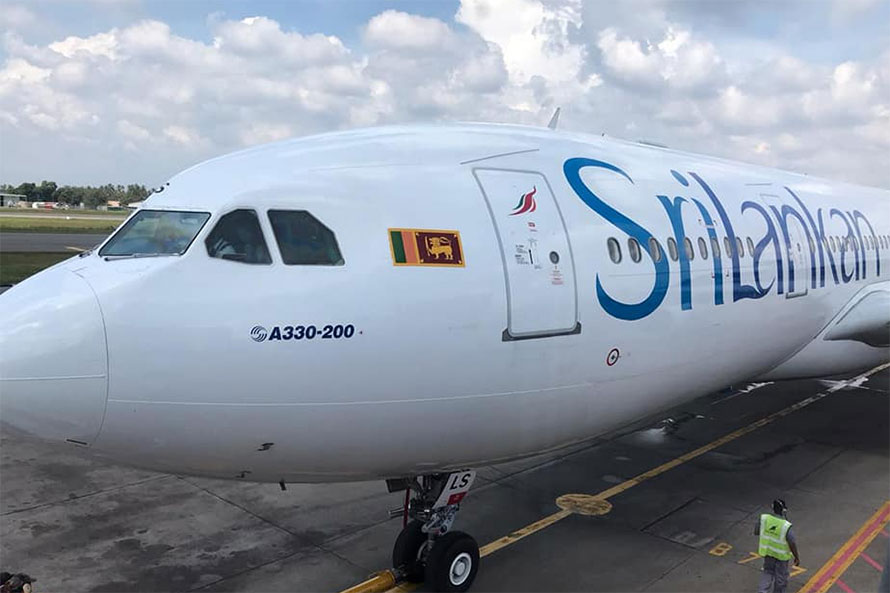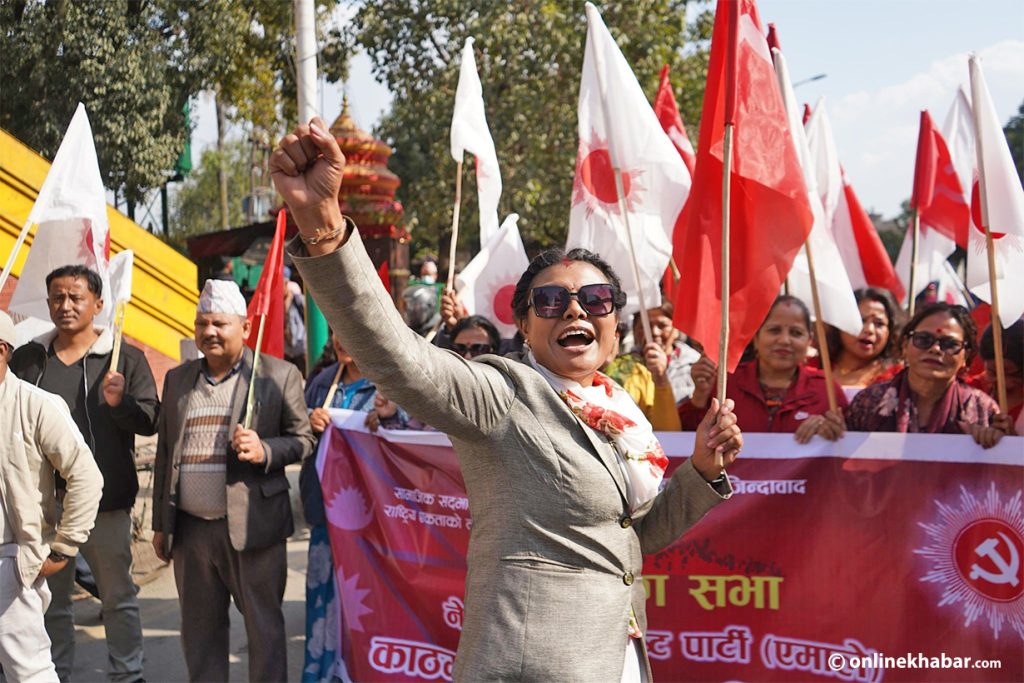
On November 29, Bidur Dhakal (50) of Mandandeupur Municipality-6, Kavre received his son Siddhartha’s audio message from Russia saying, “Father, I am going to the war zone from today, there will be no cell reception for 10 days. I will be out of reach.”
Bidur bought an Android phone to communicate with his son, who is currently part of the Russian army. Unfamiliar with the features of his newly acquired Android phone, sought the help of his neighbour’s daughters to listen to the three audio messages his son had sent.
Bidur does not have Wi-Fi at home and has to go to a nearby school to load the messages sent by Siddhartha.
“In one of the messages he said how he was having bad dreams. He even asked us to pray for him,” says Bidur.
That message was sent over a week ago and Bidur is now worried. He has not called nor has he replied to their messages.
Bidur and his wife, Durga, are currently grappling with deep concern and anxiety. The mere mention of Siddhartha and the Russian army leaves them feeling numb.
Their nightmare turned into a reality when their neighbour’s daughter came running to them telling them Siddhartha had been captured by the Ukrainian army. The video released by the Defense Force of Ukraine left him stunned.
“He looks desperate in the video. He said there are five other Nepalis with him and is calling out for help. I don’t know how to help him,” says Bidur.
He returned home and shared the news with his wife. She, too, was speechless, shedding tears in profound distress. The house fell into a heavy silence, grappling with the reality that their son, who had departed to pursue a medical education, was now held hostage in Ukraine.
He came home and told his wife. Overwhelmed, she could not find words and could only express her sorrow through tears. The household was engulfed in a sombre silence as the gravity of the situation sank in—their son, who had set out to study medicine, was now a hostage in Ukraine.
Waiting for a resolution and reunion
Siddhartha, having completed his grade 12, aspired to pursue higher education abroad, like most of his friends. After finding out three brothers from the neighbourhood were headed to Russia for further studies, Siddhartha decided to join them, opting to study medicine.
Even though his mother wanted him to stay with them, Siddartha had bigger aspirations and wanted to move out of the village. Bidur also believed that if pursuing his son’s dreams meant a better life, it was a decision worth supporting.
“He decided to go. I wanted him to stay,” says Durga.
The road to Russia was not as easy. After one failed attempt, Siddhartha flew to Russia on September 16. Joining him were Shyam Dhakal, Sugam Dhakal and Ajay Bhattarai.
“All four of us went on student visas. Siddhartha’s college was different,” Sugam told Onlinekhabar from Moscow, Russia. “We stayed together for two days after which we went different ways.”
According to Sugam, due to Siddhartha not having a bank account, the funds had to be deposited in his account. Sugam explained, “Upon arriving at the airport in Russia, we paid USD 3,000 to a Bangladeshi citizen and Rs 100,000. After he left the hostel, we had no further communication.”
Bidur says that after Siddhartha arrived in Moscow, he paid Rs 775,000, totalling Rs 950,000 for his settlement in Russia. However, a few days later, Siddhartha called to share distressing news — he had not received any money from his friends and had gone without food for days.
“We sent the money, putting our land as collateral, and my son tells us he doesn’t have the money. It hurts a lot, and I cried a lot listening to his woes,” says Durga.

Subsequently, facing obstacles with the college’s enrollment, Siddhartha sought employment elsewhere for survival. Desperate, he joined the Russian army, enticed by the assurance of shelter and food.
“He used to tell us he was not getting paid. Here we were struggling to pay back the loan and interest,” says Durga.
Siddhartha, after joining the Russian army had told his parents he would make enough money to pay off the debt and asked them to wait for the war to get over. But with the cooperatives on their heels, Bidur and Durga had to sell their buffalo to pay the cooperative.
“We have nothing more to sell now,” says Durga.
Amidst the uncertainty surrounding their son’s future, all Bidur and Durga crave is to see him safely back home. They are desperately hoping he will not have to remain a part of the Russian army in captivity of the Ukrainians.
“Help my son, please,” says Durga with tears in her eyes.
Government’s initiative

It is not going to be easy. An official from Prime Minister Pushpa Kamal Dahal’s secretariat told Onlinekhabar that due to the absence of a Nepali embassy in Ukraine, efforts are underway to facilitate the rescue of three Nepalis, including Siddhartha, through the embassy in Germany.
“It is not possible to talk directly with the political leadership of the conflicting parties for rescue,” he said.
Sources say that during her recent visit, Prime Minister Dahal sought cooperation from Eileen Laubacher, the Senior Director for South Asia at the United States National Security Council.
“Given the United States’ significant role in support of Ukraine, the Prime Minister has requested assistance from the US to facilitate the release of Nepalis part of the Russian army captured by Ukraine,” said the member of Dahal’s secretariat.
Meanwhile, the Ministry of Foreign Affairs has issued a diplomatic note to Russia, stressing that Nepal, except for specific instances in India and Britain, does not have a policy of allowing its citizens to join the armies of other nations including the Russian army.
(With help from Kapil Koirala in Kavre.)


